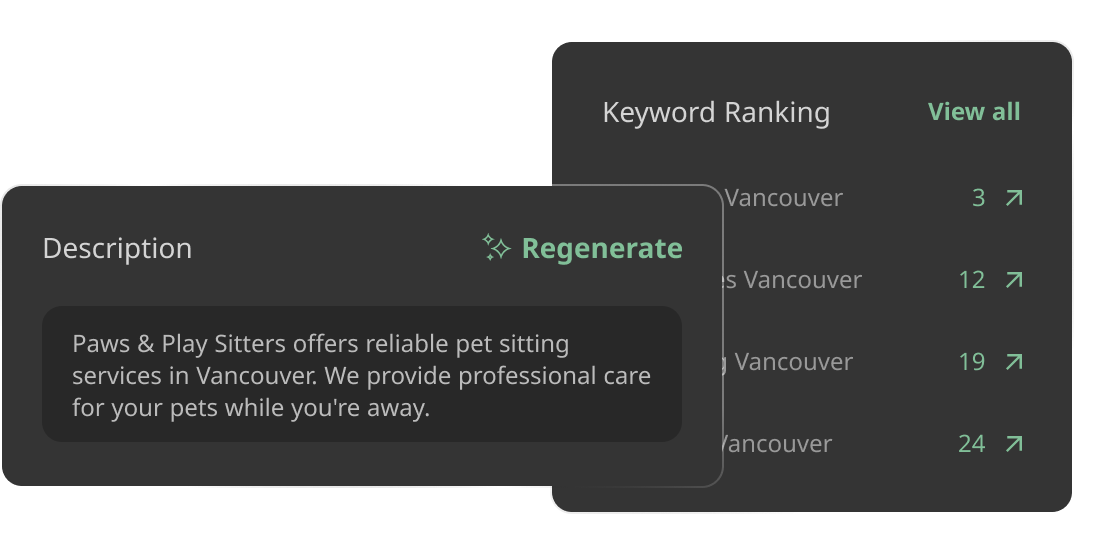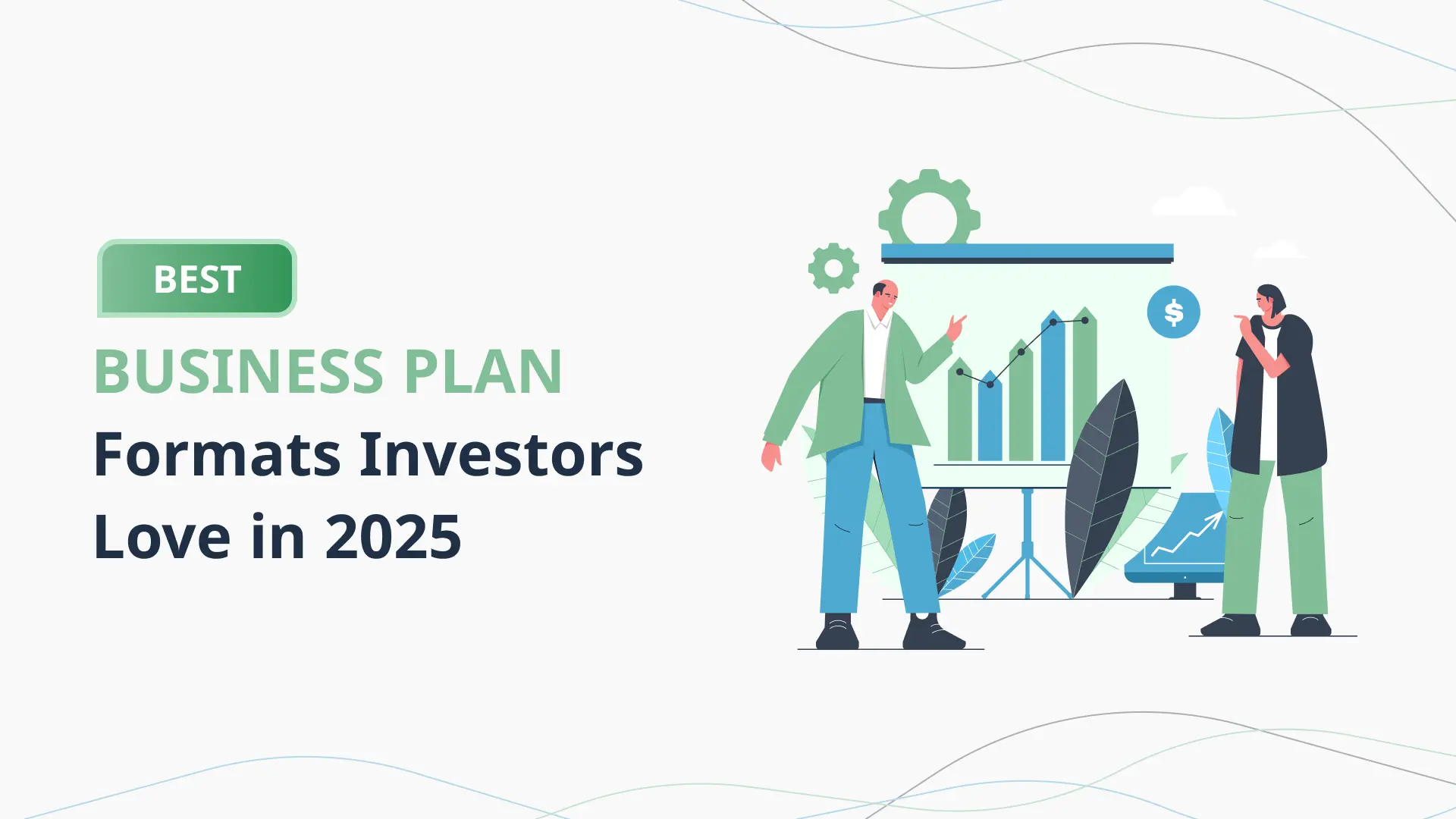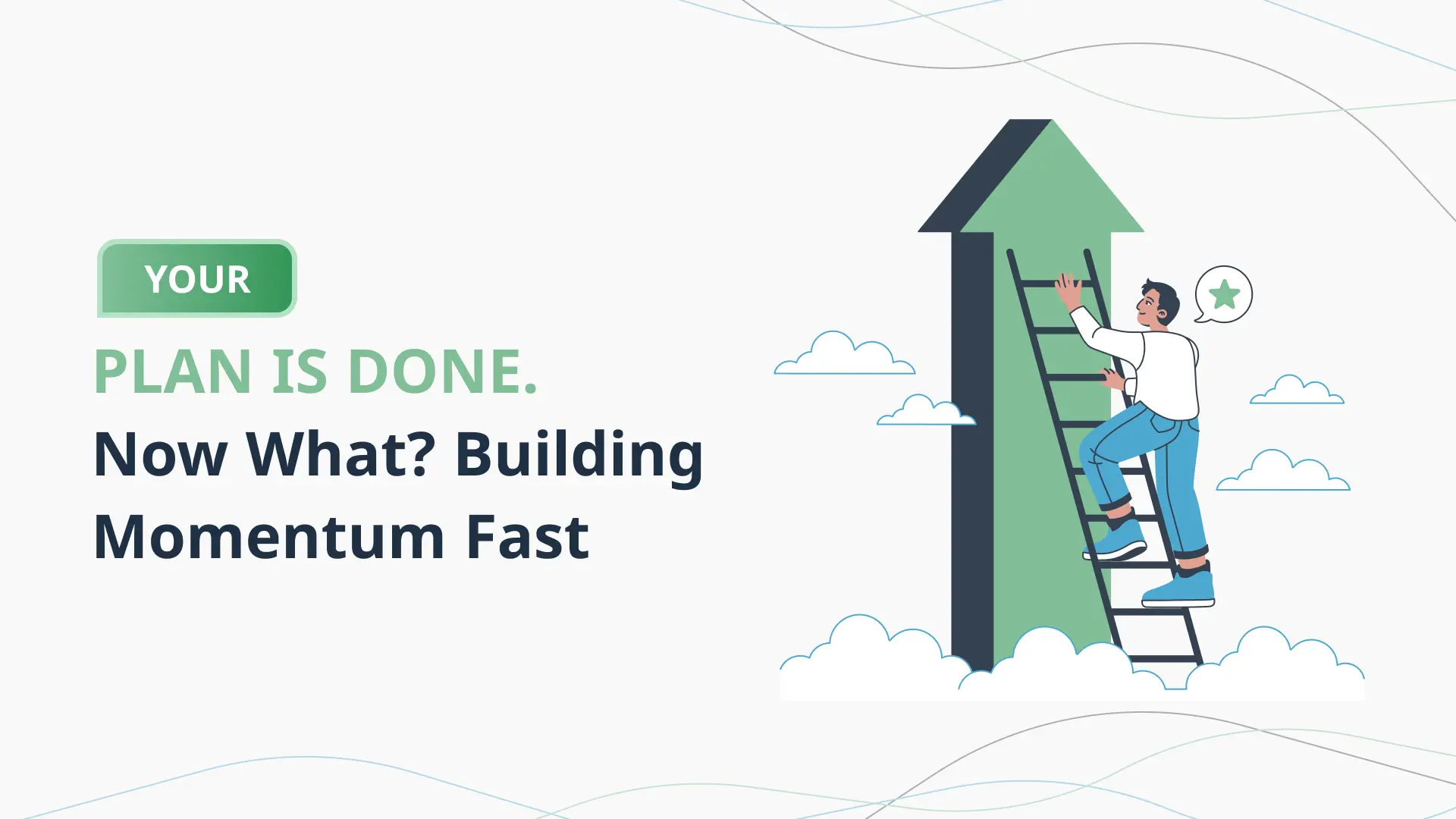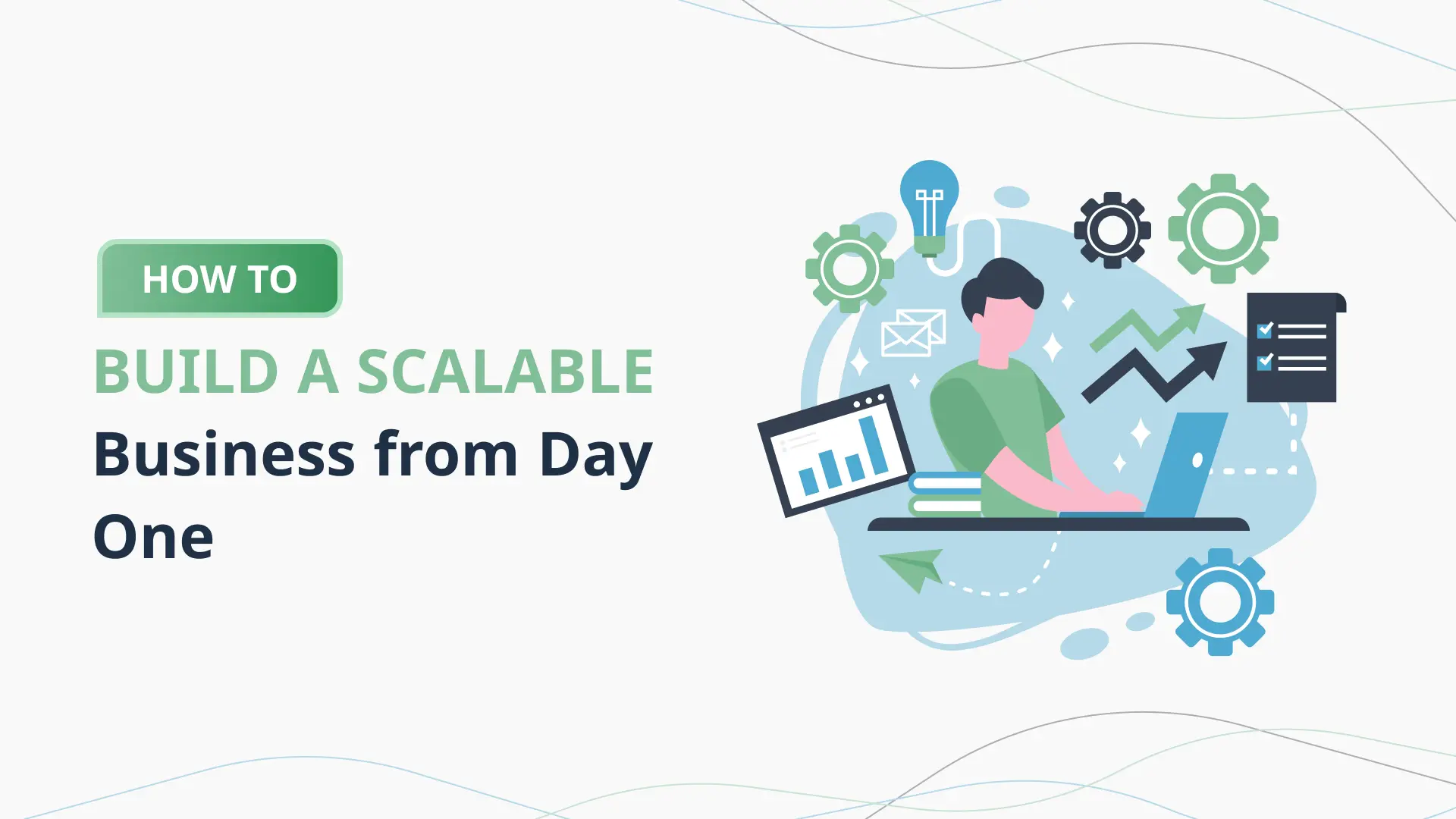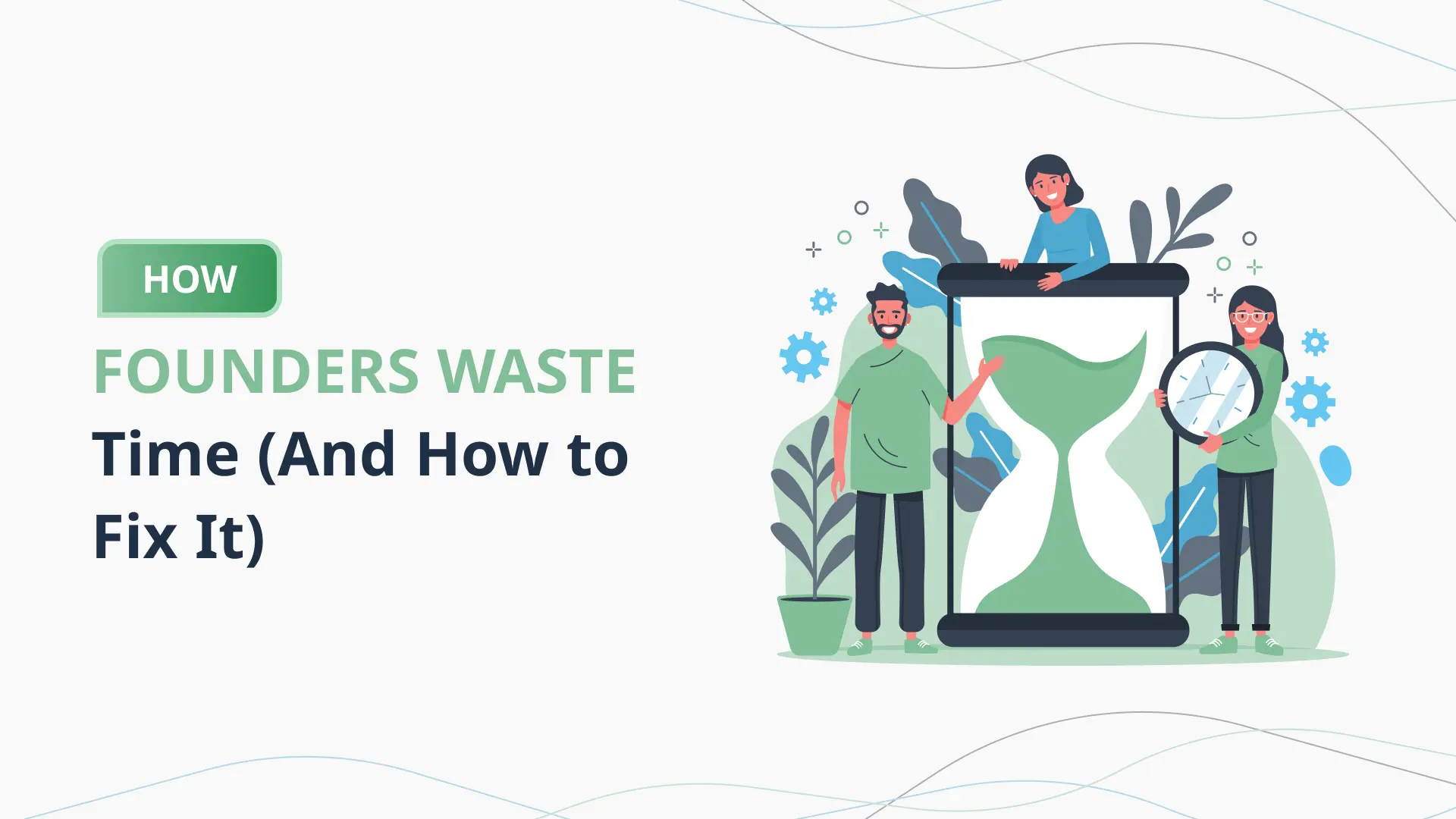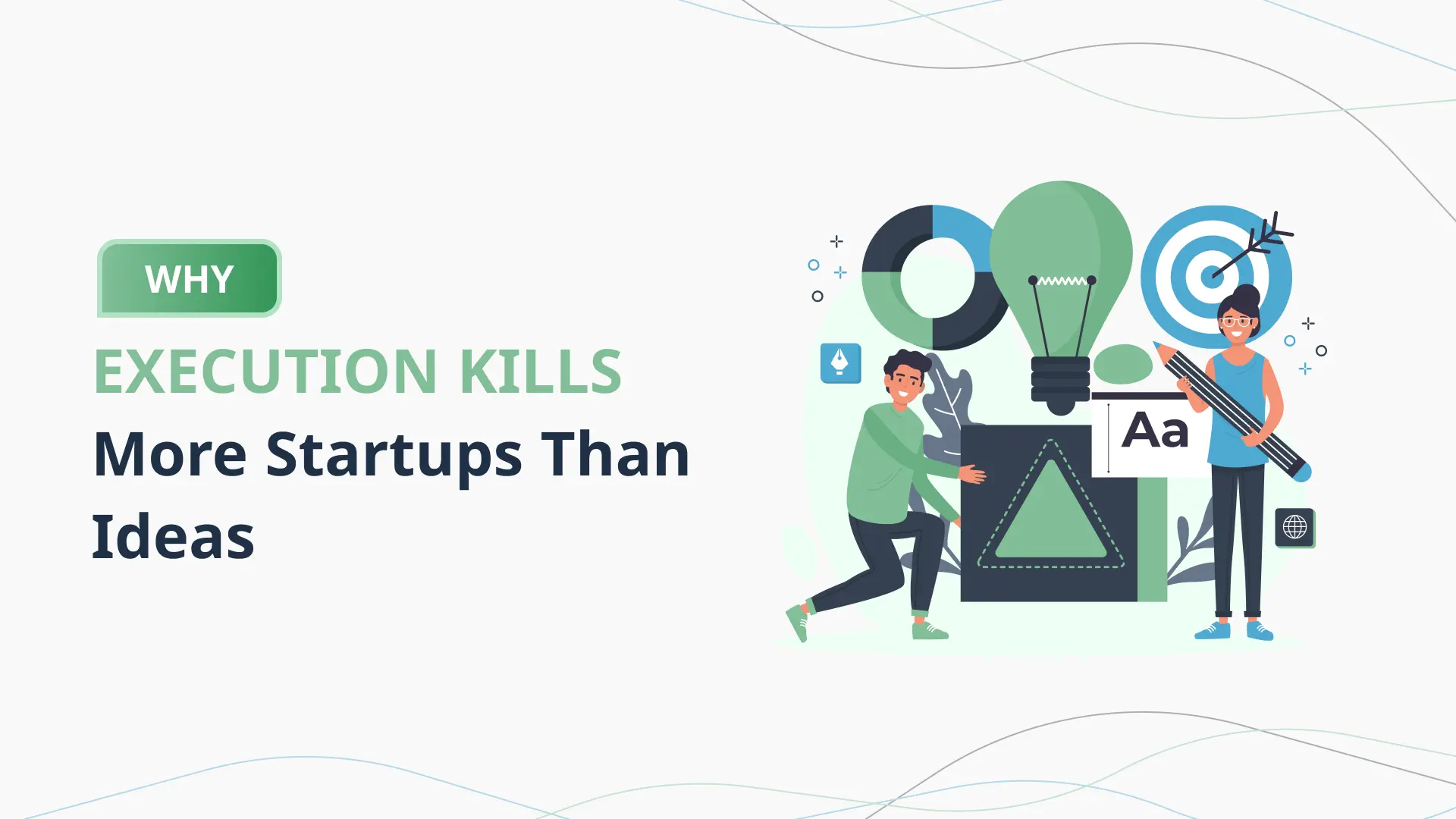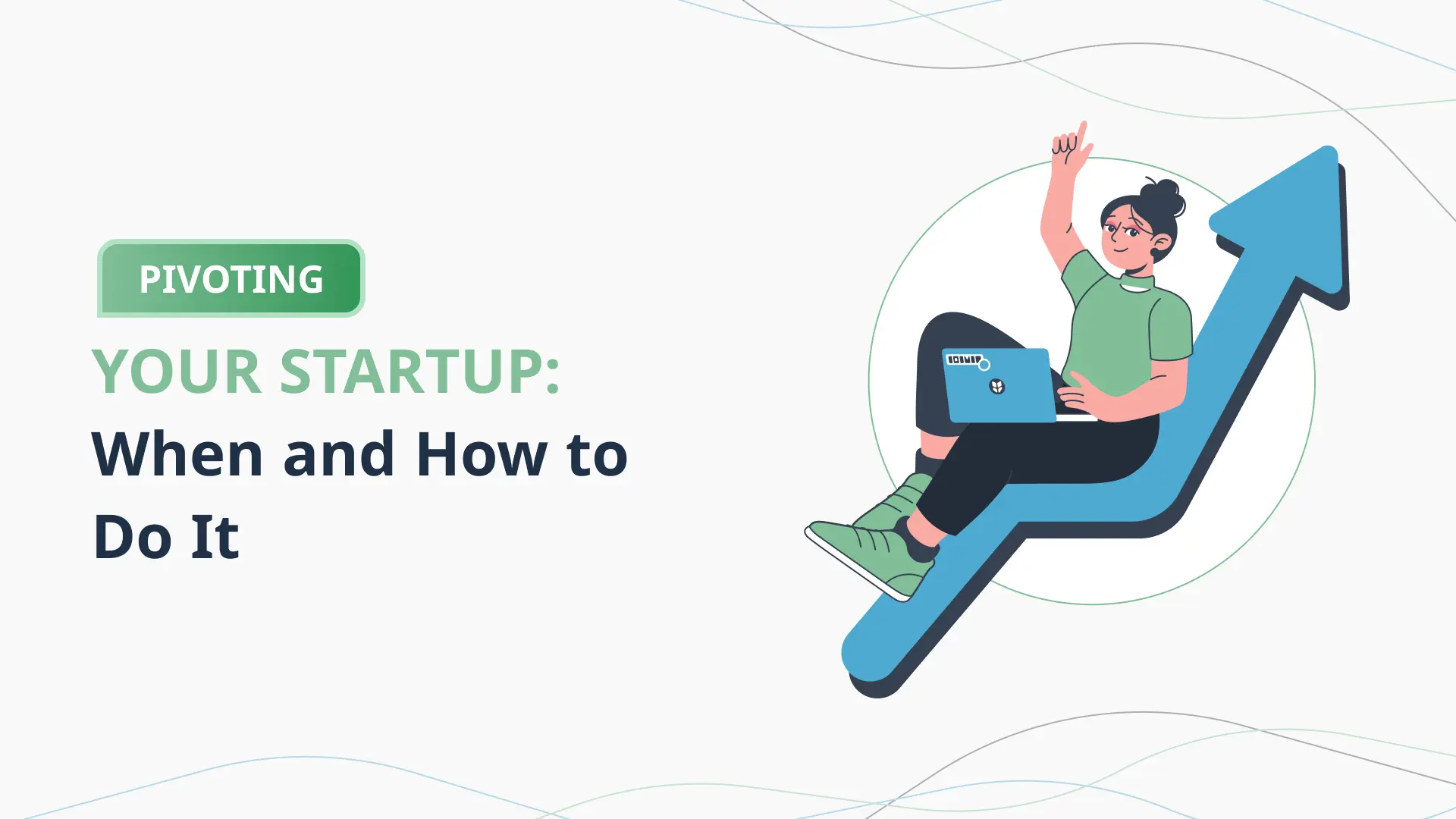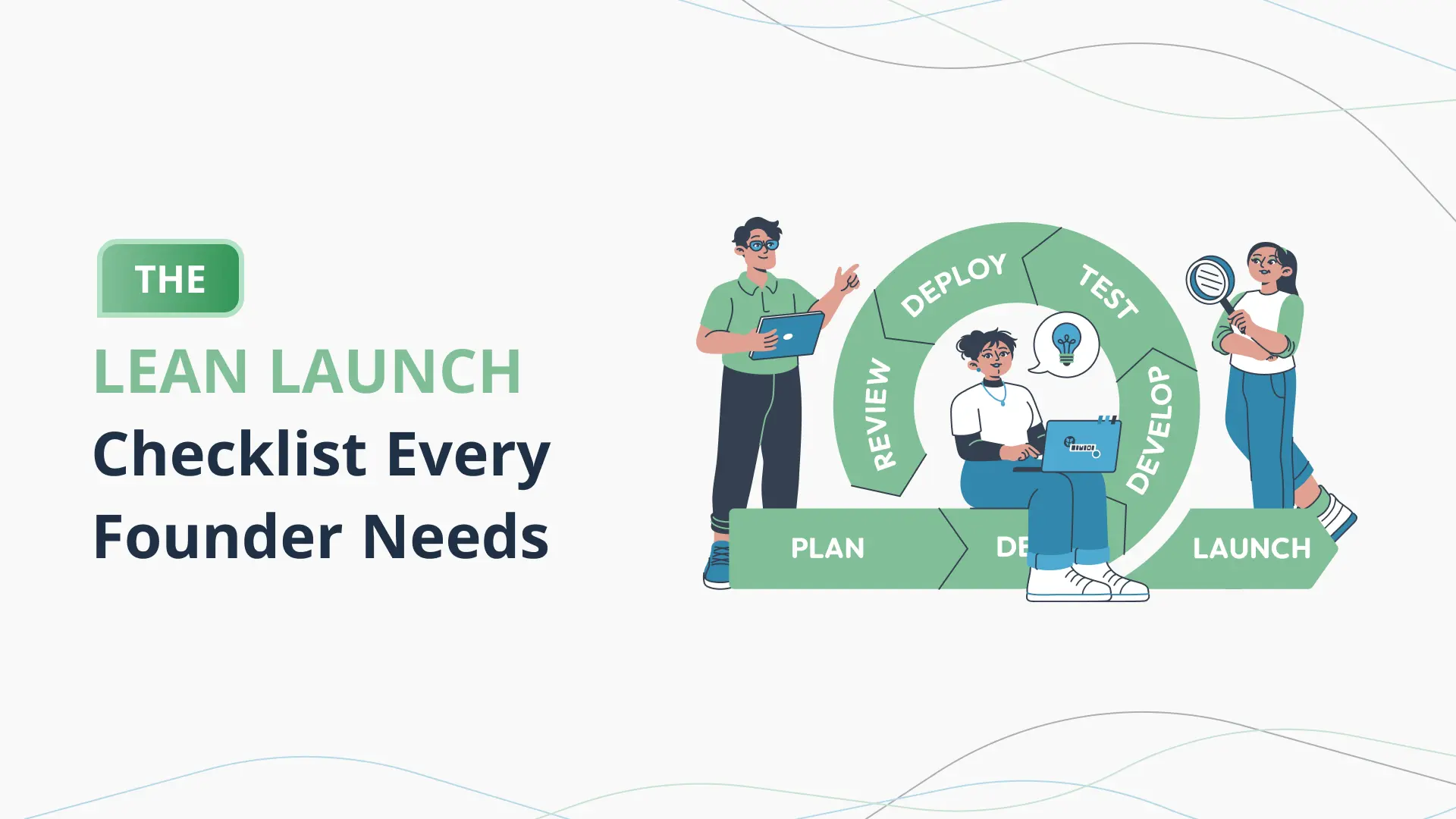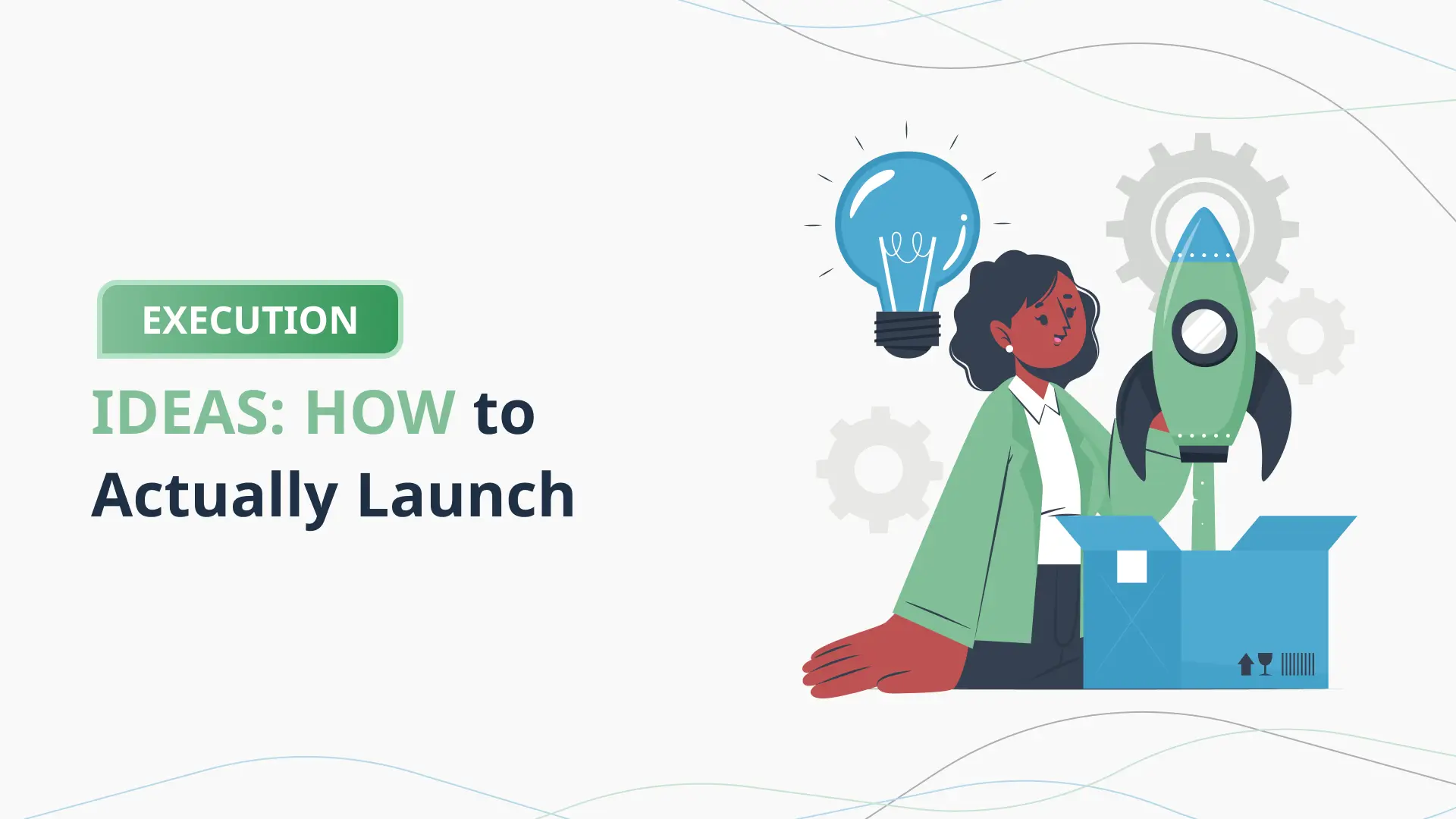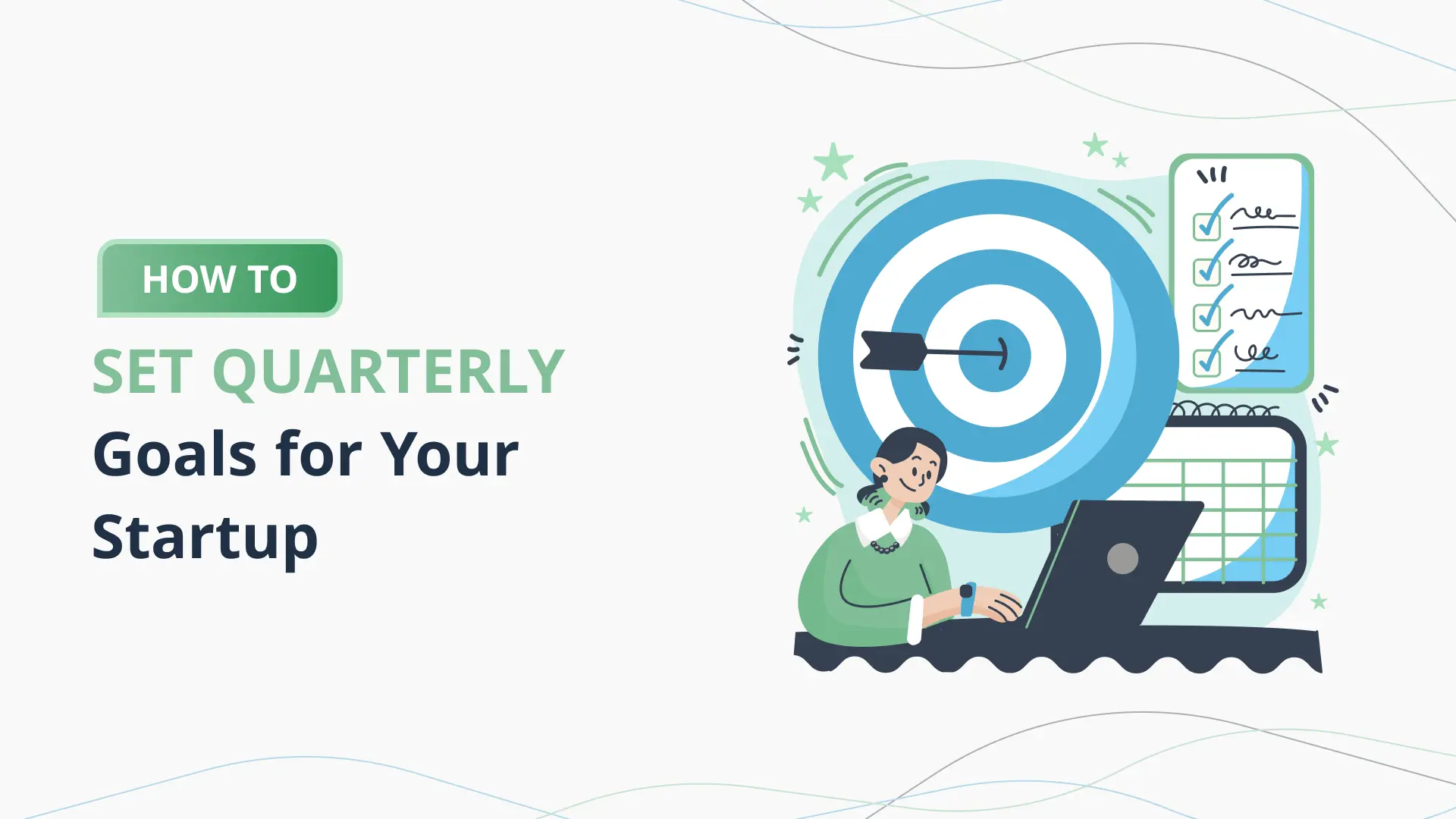AI vs Human: Who Writes a Better Business Plan?
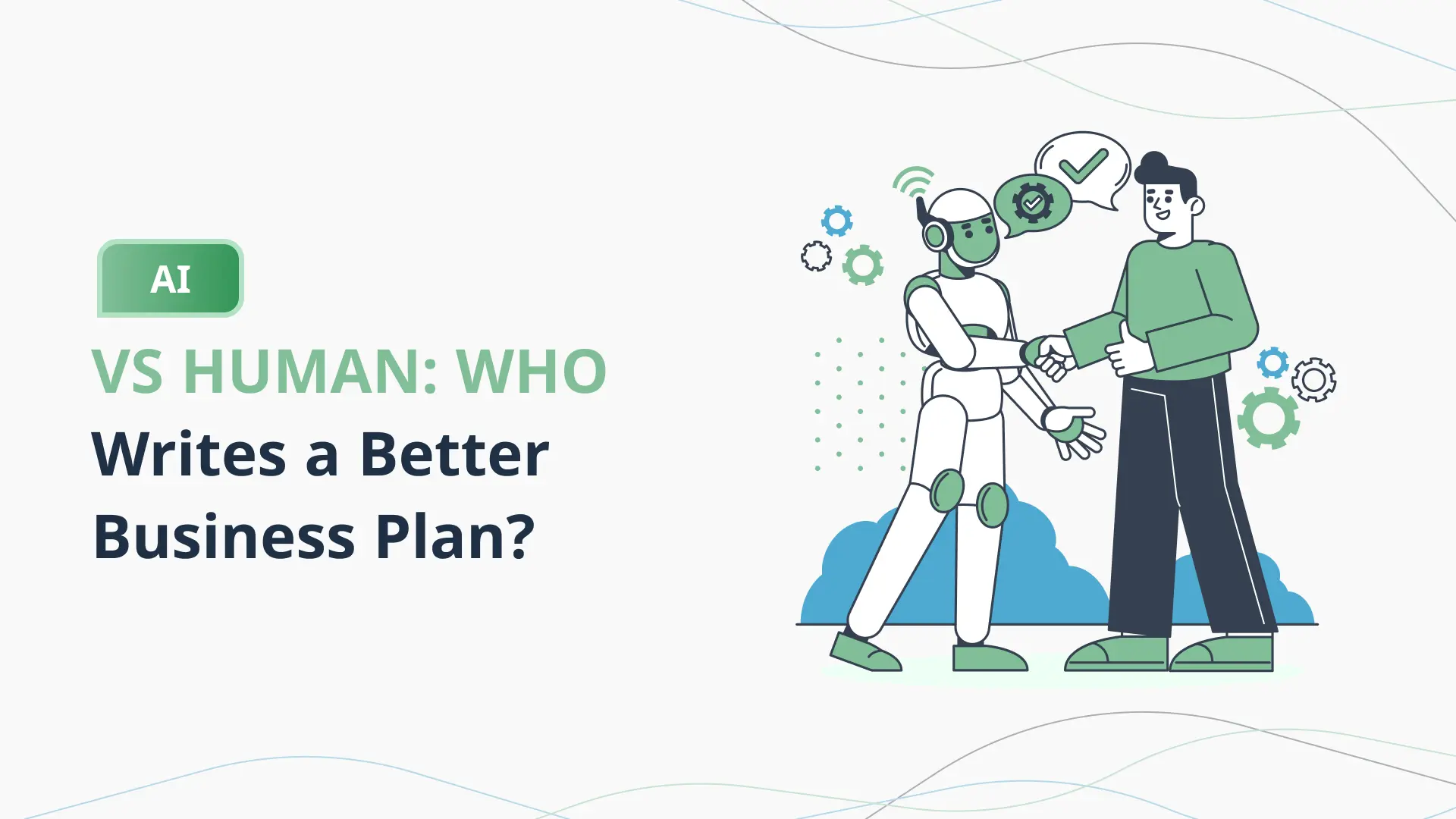
Introduction
In today’s rapidly evolving business landscape, the need for an effective and comprehensive business plan has never been more crucial. A solid business plan not only outlines a company’s goals, strategies, and market positioning but also serves as a critical tool for attracting investors, securing loans, and steering operations. Traditionally, crafting such a document required the expertise of seasoned entrepreneurs, business consultants, or financial advisors — individuals who combined strategic thinking with industry insight to produce plans that were both visionary and pragmatic.
However, the rise of artificial intelligence has begun to transform even this domain. AI-powered business plan generators and startup planning tools are now offering a faster, more accessible way to draft detailed business plans. Apps like PlanVista are at the forefront of this transformation, claiming to simplify the process through intelligent automation, real-time market data integration, and user-friendly interfaces. These tools aim to democratize the planning process, making it easier for startups, solo entrepreneurs, and small business owners to launch and grow their ventures without needing a professional planner or spending countless hours on research and formatting.
But as with any technological disruption, the emergence of AI in business planning has sparked a debate: can machines truly replicate or even surpass human expertise when it comes to such a nuanced and strategic task? After all, a business plan is more than just a collection of numbers and market facts. It’s a reflection of the founder’s vision, understanding of the competitive landscape, and ability to forecast future trends. These elements often require intuition, creativity, and emotional intelligence — qualities typically associated with human thinking.
On one side of the argument, proponents of AI business planning tools point to their efficiency, consistency, and ability to process vast amounts of data in seconds. AI can identify patterns, analyze market trends, and suggest financial projections with unmatched speed. It also reduces human error and can help ensure that all critical sections of a business plan are addressed thoroughly. For time-strapped entrepreneurs or those just starting out, AI tools offer a valuable head start.
On the other hand, critics argue that AI lacks the depth of understanding and contextual awareness that a human brings to the table. A machine may struggle with innovative thinking or fail to grasp the emotional aspects of a brand story. Additionally, AI tools often rely on standardized templates, which can lead to generic or uninspired business plans that fail to stand out to investors or partners.
This blog post will explore the strengths and limitations of both approaches — AI versus human-generated business plans — and evaluate which is better suited for different business contexts. We’ll examine real-world examples, outline common challenges, and highlight how hybrid approaches (combining AI efficiency with human creativity) might offer the best of both worlds. Along the way, we’ll also show how the PlanVista app serves as a smart, AI-driven solution that empowers users without sacrificing strategic depth.
So, who truly writes the better business plan? Let’s dive in and find out.
Real-World Examples of AI-Written Business Plans
To truly appreciate the potential of AI in business planning, it’s helpful to look at how real entrepreneurs and startups are using these tools in practice. AI-generated business plans are no longer theoretical; they’re already helping individuals and teams turn business ideas into actionable strategies quickly and effectively. Whether it’s a solo founder bootstrapping a local venture or a fast-growing tech startup seeking funding, AI is becoming a trusted ally in the planning process.
Consider the example of Maya, a solo entrepreneur based in Austin, Texas. She had a vision to start a vegan food truck that would cater to the city’s bustling food scene. Without a background in business or access to consultants, she turned to PlanVista, an AI business plan tool designed to simplify the process for non-experts. With PlanVista, Maya inputted her goals, selected a food service template, and answered guided prompts. The app pulled local market data, helped her define customer segments, and created revenue projections. Within a few hours, she had a polished, investor-ready business plan. This plan not only secured her a small business loan but also became the foundation for her operational roadmap.
Now let’s look at a more tech-oriented example. A fintech startup in Berlin needed to prepare a business plan for a seed funding round. With a team of developers but no dedicated business strategist, the founders relied on an AI business plan generator. They used PlanVista to assemble a comprehensive plan, complete with industry benchmarks, a competitor landscape analysis, and detailed financial models. The tool helped them identify gaps in their strategy, fine-tune their product-market fit, and present a compelling case to investors. The result? A successful pitch that raised €500,000 in early-stage capital.
These examples showcase how AI isn’t just about automation — it’s about acceleration. For entrepreneurs facing tight deadlines, limited resources, or knowledge gaps, AI tools offer a practical and affordable solution. Business plan generators streamline complex tasks like market research, SWOT analysis, and financial forecasting, which traditionally required significant time and expertise.
Of course, there are caveats. AI-written business plans can sometimes come across as too generic or formulaic, especially if users rely solely on default settings. A marketing strategy suggested by an AI tool might lack originality or fail to capture the emotional essence of a brand. That’s why the best results often come from users who treat AI as a collaborator, not a replacement. By editing and personalizing the AI’s output, entrepreneurs can add their unique voice, insights, and passion — elements that investors often look for.
Ultimately, these real-world cases demonstrate that AI tools like PlanVista can empower entrepreneurs, particularly those at the earliest stages of business development. With speed, accuracy, and structure on their side, users can go from idea to execution faster than ever before.
Challenges Faced by Human Business Plan Writers
The Unique Advantages of AI in Business Planning
Artificial intelligence is redefining the boundaries of efficiency, accuracy, and accessibility in nearly every field — and business planning is no exception. AI-powered business plan tools offer a suite of benefits that are not only revolutionizing how plans are created but also who gets to create them. For entrepreneurs who once viewed writing a business plan as an intimidating hurdle, AI is opening doors.
One of the standout advantages of AI is speed. Traditional business planning can take weeks or months. AI, on the other hand, can generate a structured, detailed draft in just hours — or even minutes. By automating the tedious parts of the process, such as formatting, data analysis, and section structuring, AI allows entrepreneurs to focus on refining their vision rather than wrestling with document structure.
Equally important is data-driven insight. AI tools like the PlanVista app integrate real-time market research, industry benchmarks, and competitor analysis directly into the business planning process. Rather than manually searching for statistics or projections, users are provided with relevant data as they go. This not only saves time but enhances the credibility of the plan by grounding it in up-to-date, objective information.
Consistency and structure are other major benefits. AI tools ensure that every section of the business plan follows best practices in organization and presentation. This means no more disjointed narratives or missing financial sections. With PlanVista, for example, users receive prompts that guide them through each critical component — from executive summary to financial projections — ensuring nothing is overlooked.
The user-friendliness of AI tools makes them particularly appealing to first-time entrepreneurs or those without a business background. With guided prompts, visual dashboards, and customizable templates, tools like PlanVista lower the barrier to entry, making business planning accessible to all. No MBA? No problem. AI helps level the playing field.
Then there’s cost-effectiveness. Hiring a professional business consultant can cost thousands. While some AI tools require a subscription or one-time fee, they’re generally much more affordable — and offer greater long-term value. Users can revisit and revise their plans anytime, without incurring additional costs.
Another underrated advantage is collaboration. Many AI tools, including PlanVista, are built with team functionality in mind. Founders, co-founders, and advisors can work together in real-time, offering edits, suggestions, and updates seamlessly. This is especially useful for startups with distributed teams or advisors who aren’t co-located.
Despite these strengths, it’s important to recognize that AI is not a replacement for human judgment. AI might suggest a marketing strategy based on algorithms, but it won’t know the unique personality of your brand or the emotional hooks that might appeal to your audience. What it can do is lay a strong foundation — one that users can customize, enhance, and personalize.
Human Creativity and Strategic Foresight
Integrating AI and Human Expertise: The Best of Both Worlds
Rather than treating AI and human intelligence as opposing forces, the most effective approach to business planning is one of integration. The future of startup planning doesn’t lie in choosing between AI and humans — it lies in leveraging the strengths of both. By combining the efficiency and analytical capabilities of AI with the creativity and strategic depth of human thought, entrepreneurs can create business plans that are not only robust and accurate but also compelling and visionary.
Think of AI as the co-pilot in your planning journey. It handles the grunt work — formatting, data aggregation, consistency checks, and section-by-section structure — freeing you to focus on strategy, storytelling, and innovation. This hybrid approach significantly accelerates the planning process while preserving the unique insights only humans can provide.
Let’s break down how this integration works in real life. A founder might start by using an AI business plan generator like the PlanVista app. The tool guides them through key sections, automatically pulling in market research, generating financial projections, and suggesting content based on the user’s industry and goals. Within hours, the entrepreneur has a comprehensive draft in hand.
Next comes the human layer. The founder reviews each section, revising language to align with their brand voice and mission. They inject personal stories and anecdotes to make the executive summary more engaging. They rework the go-to-market strategy based on a recent competitor pivot or a unique community insight. The financial projections are adjusted to reflect their own sales assumptions and local market factors.
This dual process ensures that the final plan is both data-rich and deeply personal. It reads like a document created by someone who understands their market — because it was. But it also benefits from the polish and rigor of machine-generated insights, reducing the likelihood of errors or omissions.
In startup ecosystems like incubators and accelerators, this model is already gaining traction. Founders use AI tools to produce early drafts, which are then reviewed and refined during mentor sessions. The AI provides the scaffolding, while mentors and founders add layers of insight and specificity. It’s a win-win scenario — efficient, cost-effective, and highly customizable.
Moreover, this integrated model fosters collaborative innovation. Teams can work on the business plan in parallel, using AI tools like PlanVista to standardize formatting and ensure alignment across departments. Meanwhile, product leads, marketers, and financial officers can each bring their own perspectives to the plan, enriching its quality and coherence.
For time-constrained founders or startups operating with lean resources, this blend of AI and human creativity is a game-changer. It allows them to produce investor-ready plans quickly, without sacrificing quality or strategic vision. Instead of spending weeks on spreadsheets and formatting, they can focus on what really matters: building and scaling a successful business.
Conclusion
So, who writes a better business plan — AI or humans? After exploring both sides of the debate, the answer becomes clear: it’s not about one being better than the other, but rather how they can complement each other to produce superior outcomes. Each brings distinct strengths to the table. AI offers speed, precision, and data-backed insights, while humans contribute vision, emotional intelligence, and contextual awareness. The most powerful business plans emerge when both are used in tandem.
Artificial intelligence has significantly lowered the barriers to effective business planning. With tools like the PlanVista app, entrepreneurs can now access sophisticated features — market analysis, financial modeling, structured templates — that were once reserved for those with MBAs or expensive consulting services. This democratization of business planning is empowering a new generation of founders to act quickly and confidently, regardless of their background or resources.
But while AI handles the mechanics, humans must still bring the magic. A business plan is more than a document — it’s a story, a strategy, and a signal of what’s to come. Investors and stakeholders don’t just want numbers; they want a narrative they can believe in. That’s where your insight, passion, and personality come in. No AI can replicate your unique journey, your grasp of niche markets, or your bold long-term vision.
The smartest move isn’t to choose between AI and human effort, but to integrate both. Start with AI to build a solid, data-informed foundation. Then, layer on your unique insights, tailor the messaging for your audience, and infuse the content with your brand’s voice. This hybrid approach ensures you’re not only efficient but also effective.
PlanVista makes this seamless. Whether you’re a first-time founder, a solo entrepreneur, or part of a scaling startup, the PlanVista app adapts to your needs. Use it to generate a quick draft, collaborate with your team, or revise your strategy as conditions change. Its intuitive interface, intelligent prompts, and real-time data make it a powerful partner in your entrepreneurial journey.
As you move forward in building your business, remember: planning is not a one-time task. It’s a dynamic process that evolves with your company. And having the right tools makes all the difference. The PlanVista app isn’t just a business plan generator — it’s a startup planning tool designed to help you think strategically, act decisively, and communicate confidently.
FAQs
Yes, AI tools like the PlanVista app can generate comprehensive business plans using guided prompts, templates, and real-time data integration.
AI-generated plans may lack emotional resonance, industry nuance, or personalized storytelling, which are important to investors and partners.
Absolutely. AI tools like PlanVista are designed to be intuitive and user-friendly, making them ideal for beginners and non-experts.
Yes. Users are encouraged to review, revise, and personalize the output to better reflect their vision and unique business model.
PlanVista combines data-rich automation with strategic flexibility, offering real-time collaboration, industry-specific templates, and financial modeling in one streamlined platform.
